The Western Regional Meeting, held in May, was a valuable platform for international education practitioners to convene and engage in crucial discussions important in the international education (IE) sector. This year’s event, which took place in Saskatoon and was jointly hosted by Saskatchewan Polytechnic and the University of Saskatchewan, attracted over 120 participants representing various institutions across Western Canada. This gathering provided space for the IE community to actively participate, acquire knowledge, and establish connections with colleagues, fostering the exchange of best practices and lessons learned.
The themes of diversification, collaboration, and taking action were at the forefront during the consultation facilitated by Global Affairs Canada (GAC) on the future direction of our International Education Strategy. From the recruitment and enrollment conversation to discussions on anti-racism in the education space, a consensus emerged regarding the imperative to evaluate our objectives, embrace collaborative efforts, and critically assess the impact of our work.
Following the GAC consultation, participants further explored the impact of geo-political tensions on post-secondary education. A keynote presentation shed light on the challenges faced in research, teaching, and mobility within higher education due to these tensions. This paved the way for deeper discussions on international education in a global context.
In line with this theme, the final address of day one centered around the Sustainable Development Goals (SDGs) and emphasized the significance of shifting from passive to active learning approaches in higher education, enabling students to better prepare for the current job market. The session also highlighted the potential of higher education institutions to contribute to meaningful solutions for pressing global issues such as climate change and the promotion of global equity.
Concurrent sessions were held on both days and allowed participants to focus their learning on key topics in their key areas of work. Concurrent session topics included Strategic Enrolment Management (SEM), fostering collaboration between governments, institutions, and industry to address labour market needs, how to create welcoming communities for international students, and navigating the Global Skills Opportunities (GSO) program while incorporating Indigenous perspectives and an equity, diversity, and inclusion (EDI) lens.
An evening reception was held at the end of day one, creating a unique opportunity for participants to immerse themselves in Saskatchewan’s vibrant cultural heritage. The captivating evening gala featured dance performances by Indigenous, Chinese, and Ukrainian troupes. It was a memorable showcase and celebration of the region’s rich cultural tapestry.
Our special thanks to our generous sponsors, the Government of Saskatchewan, Applyboard, IDP, iCent, and Academica Group, for their valuable partnership.
And finally, CBIE is grateful to the host institutions and the organizing committee for their dedication and creativity, which contributed to the exceptional success of this year’s event. Your hard work and support ensured all participants an enriching and memorable experience.


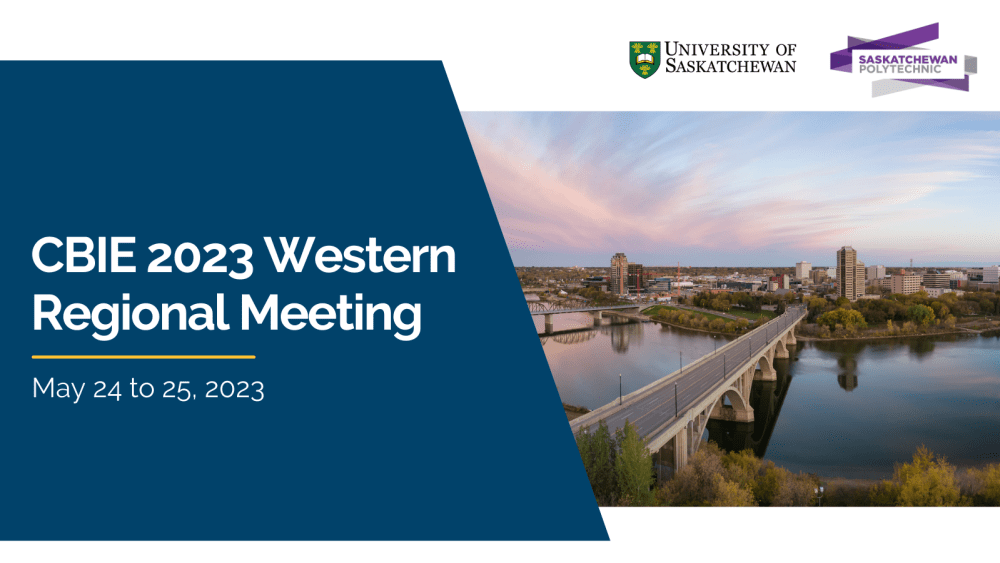
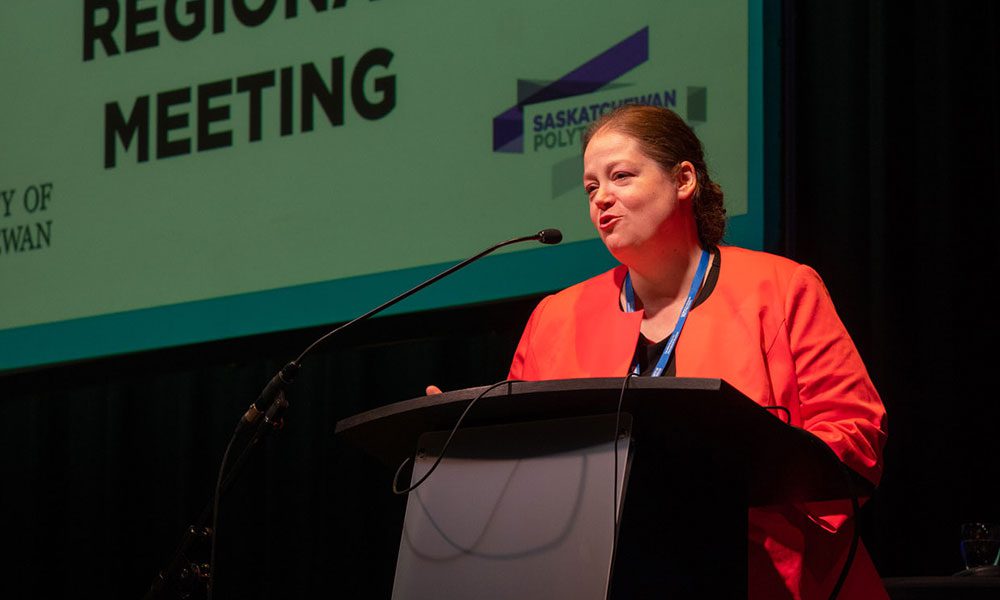
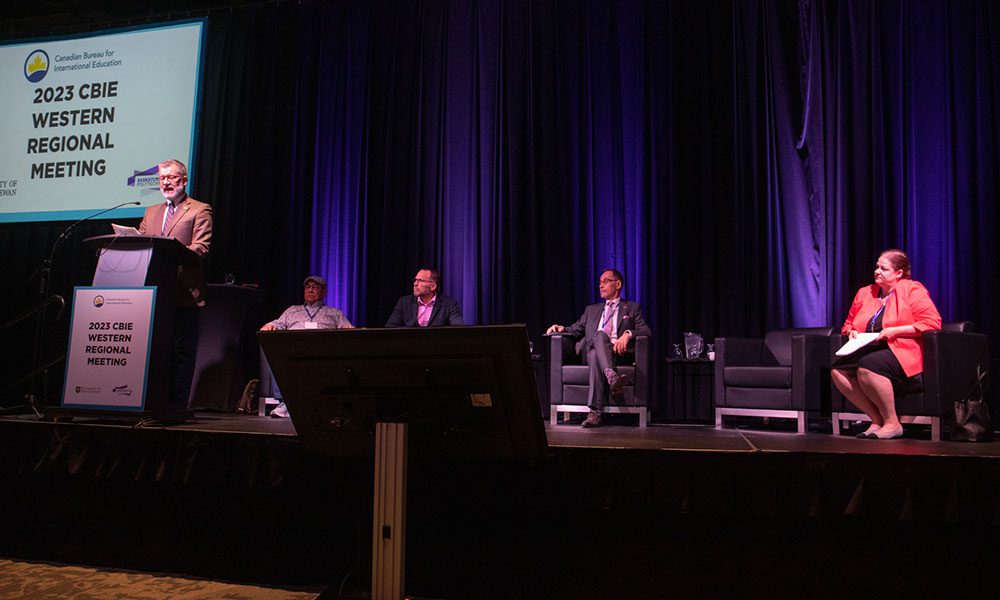
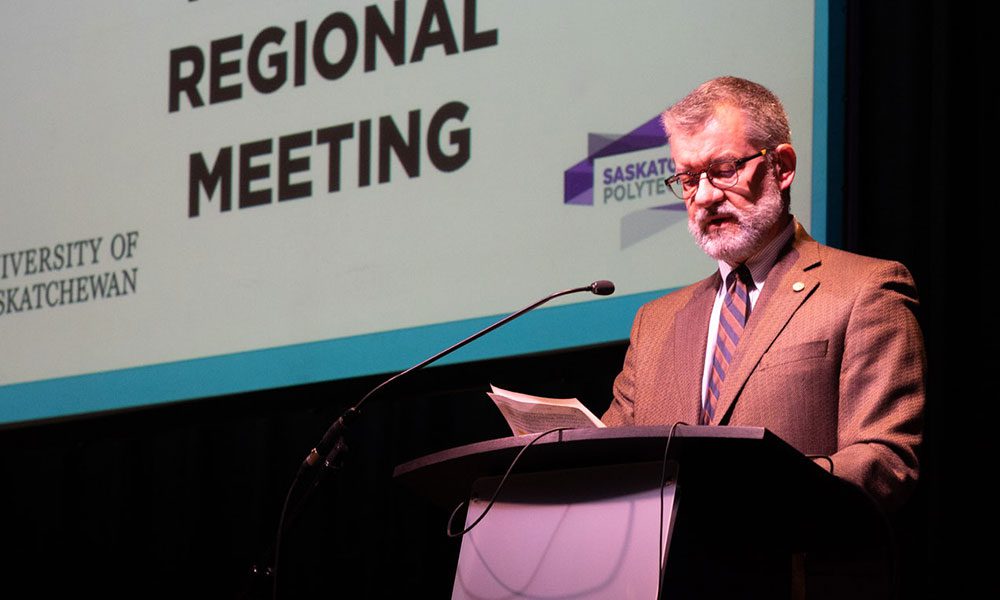
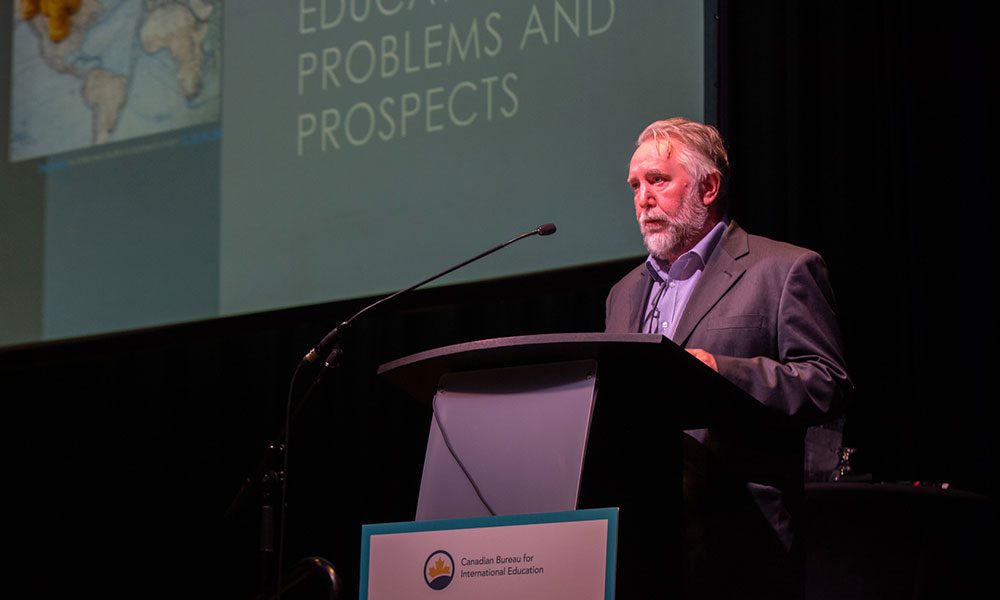
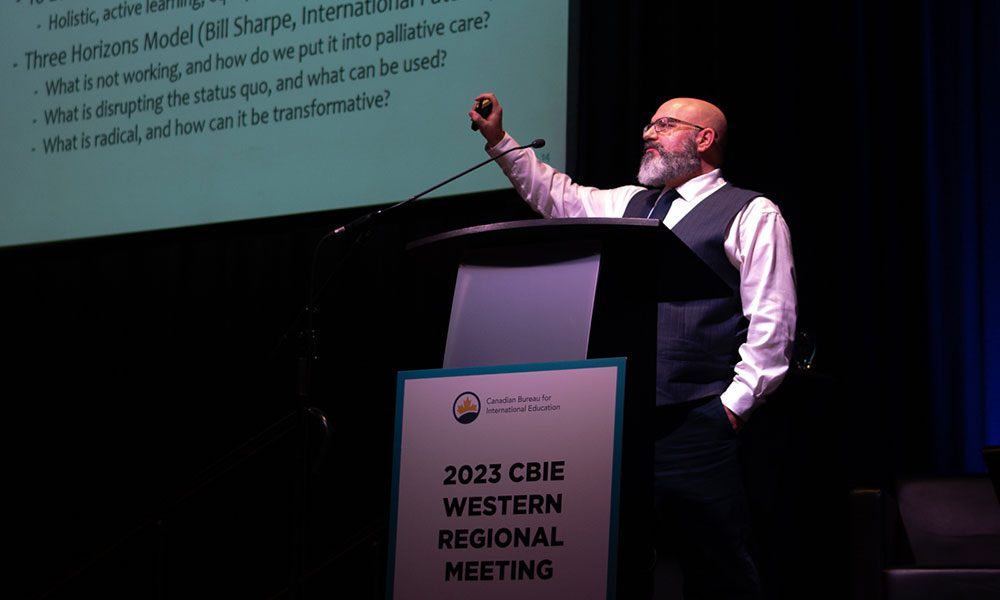

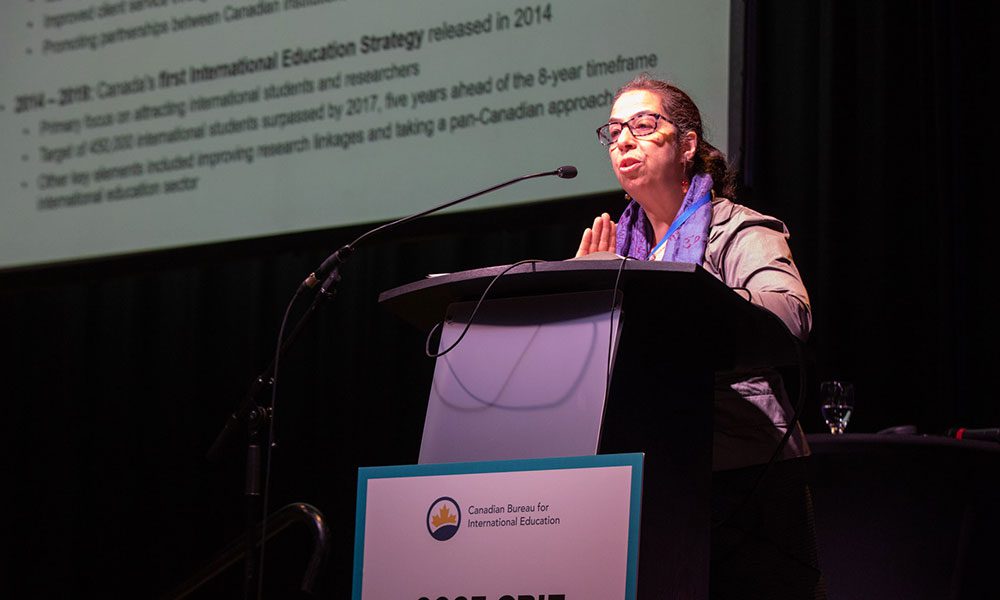
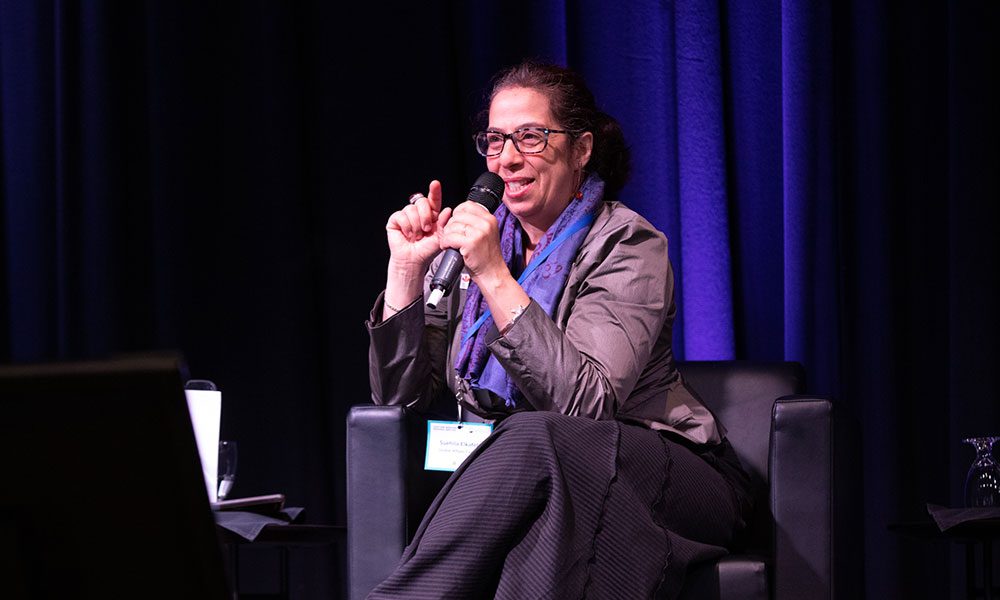
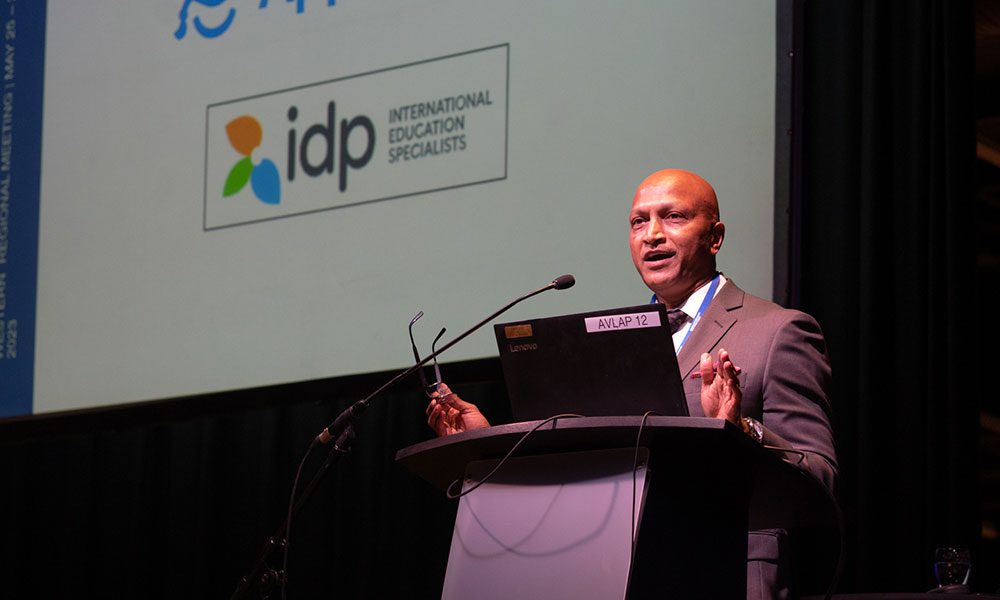
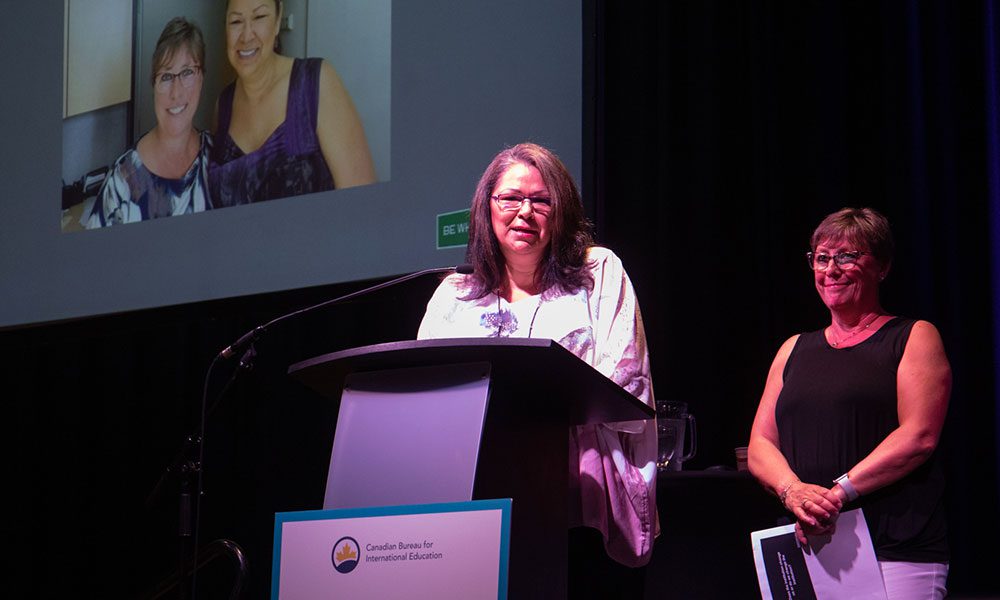
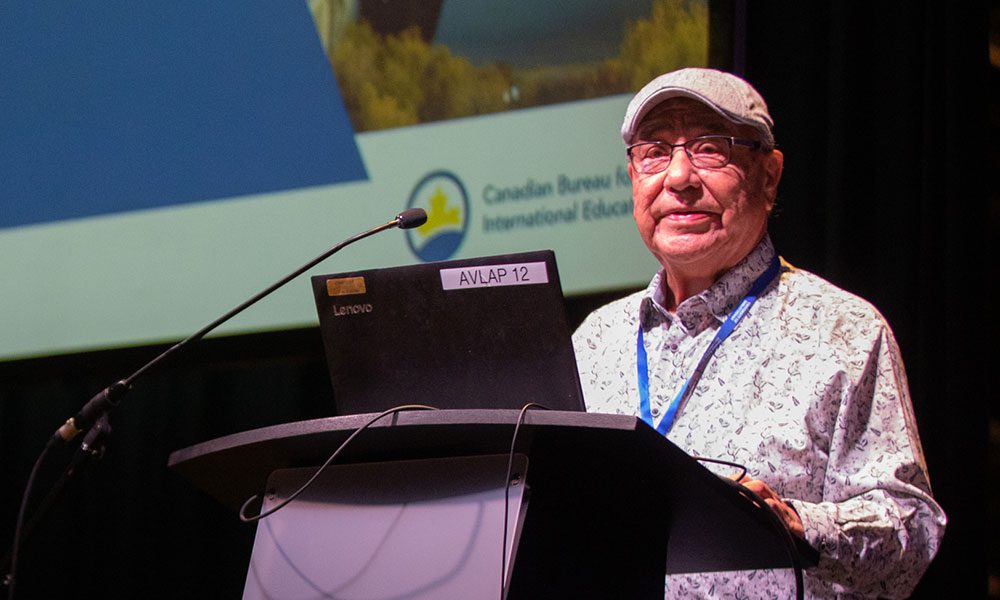
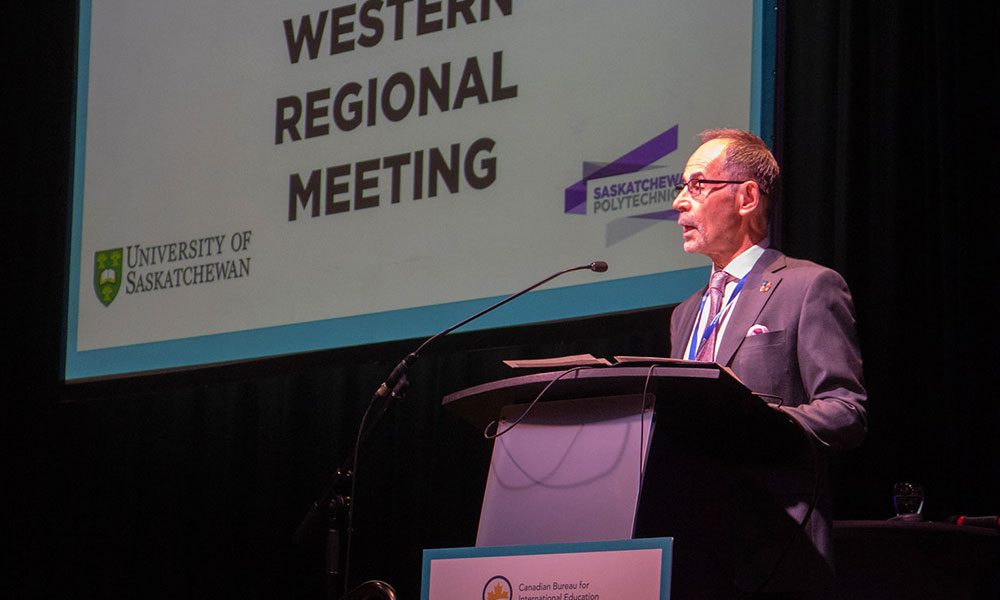
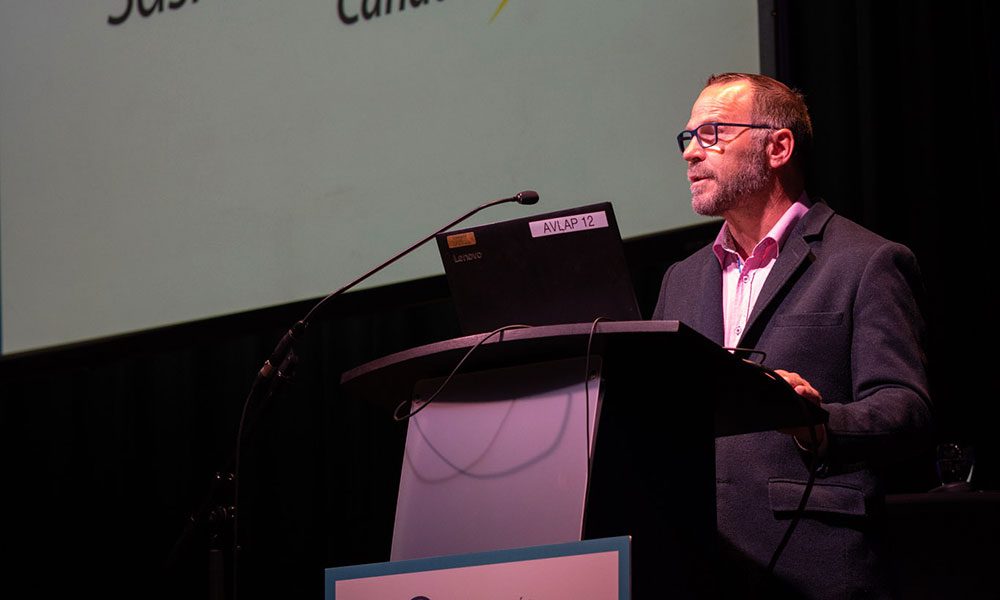
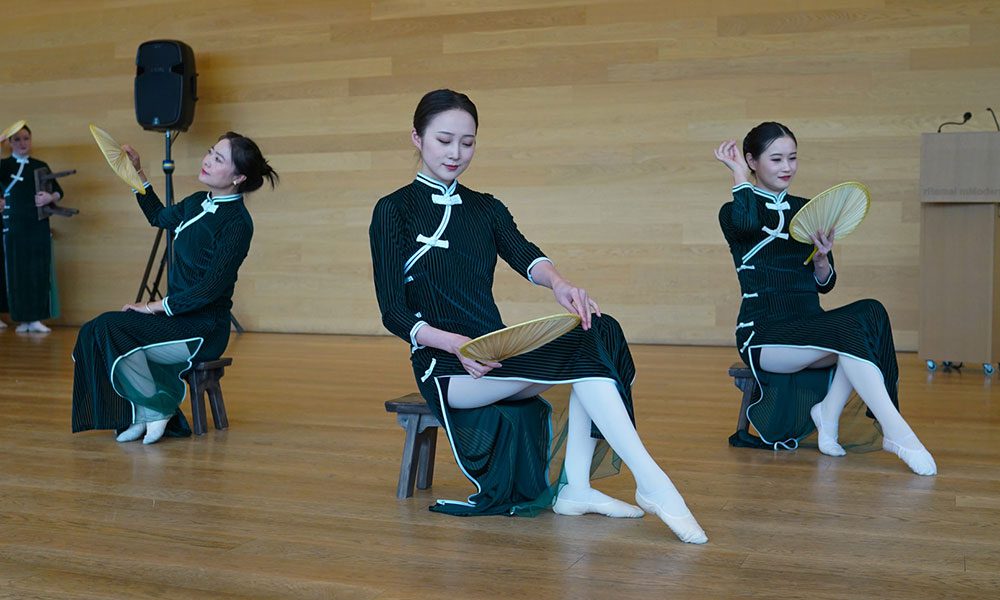

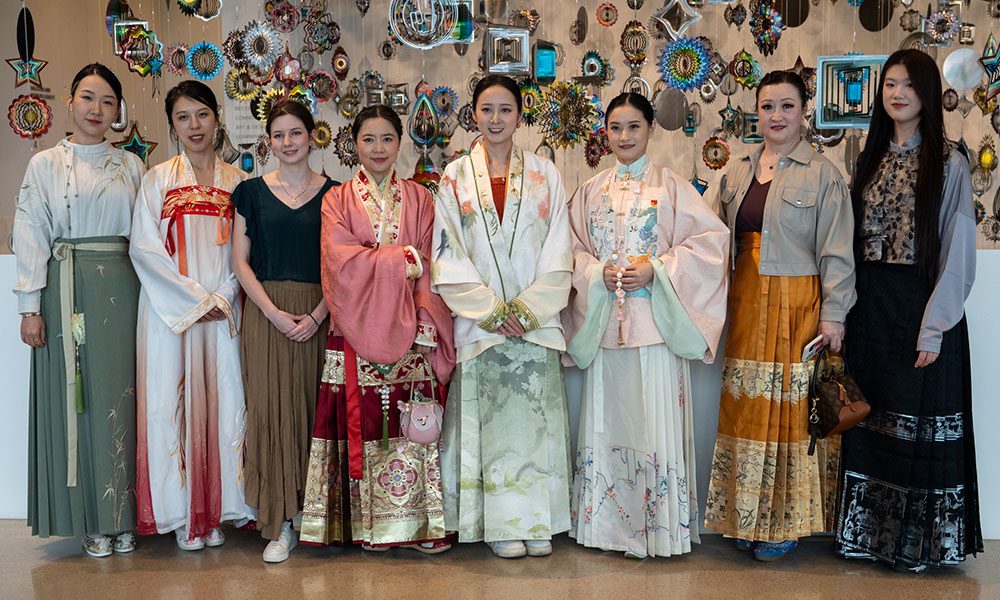
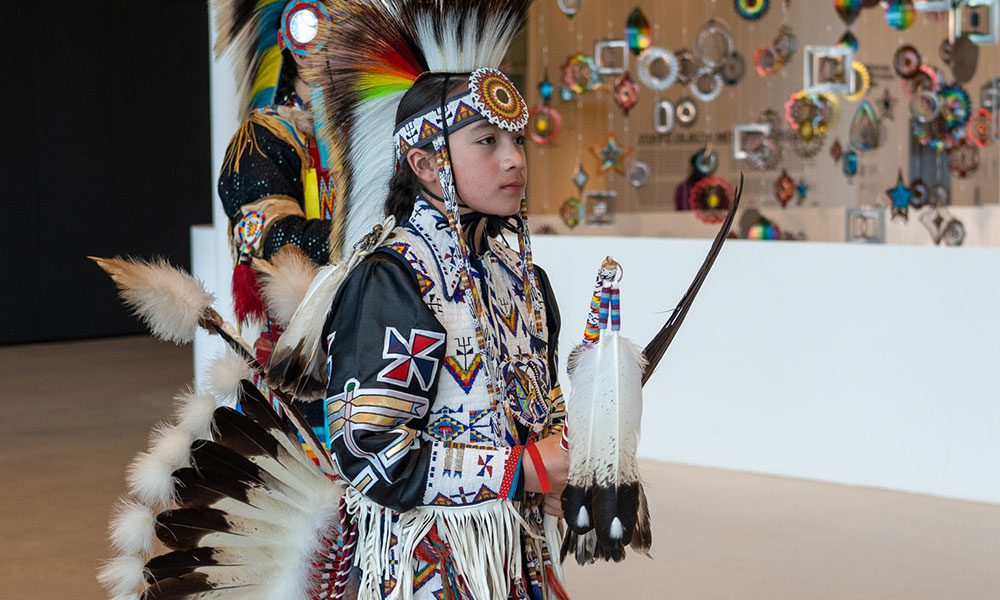
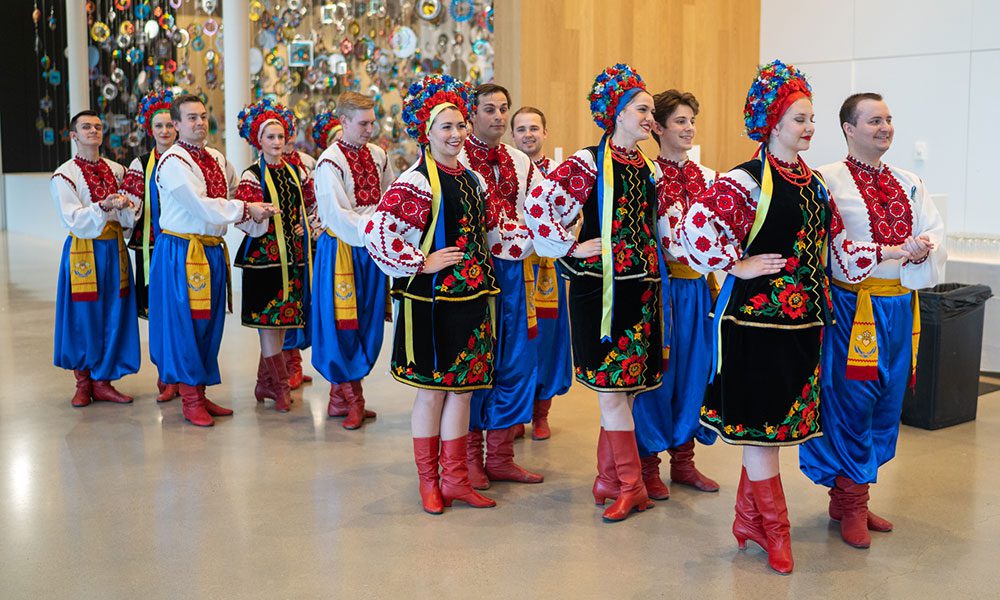
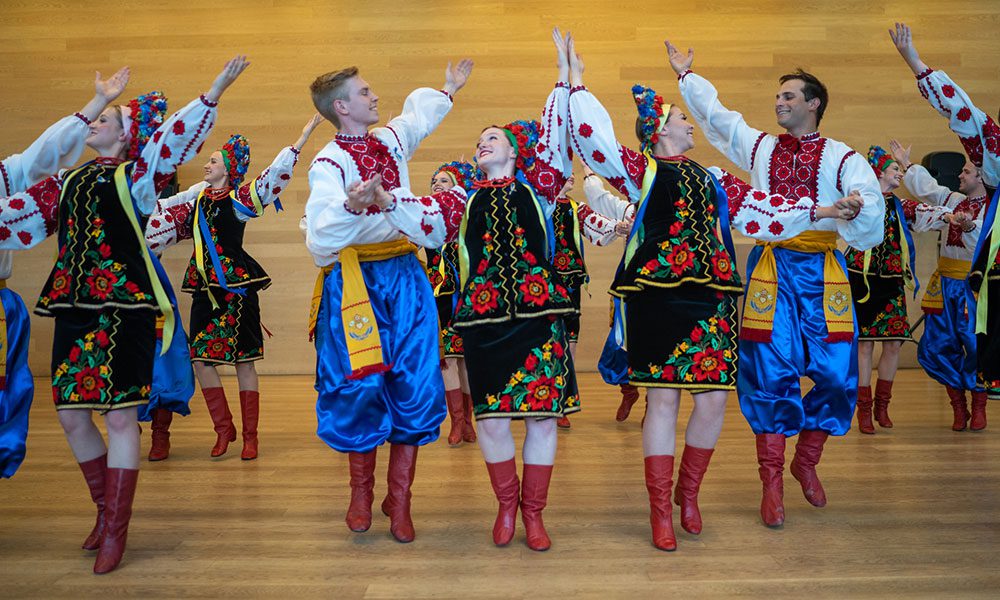
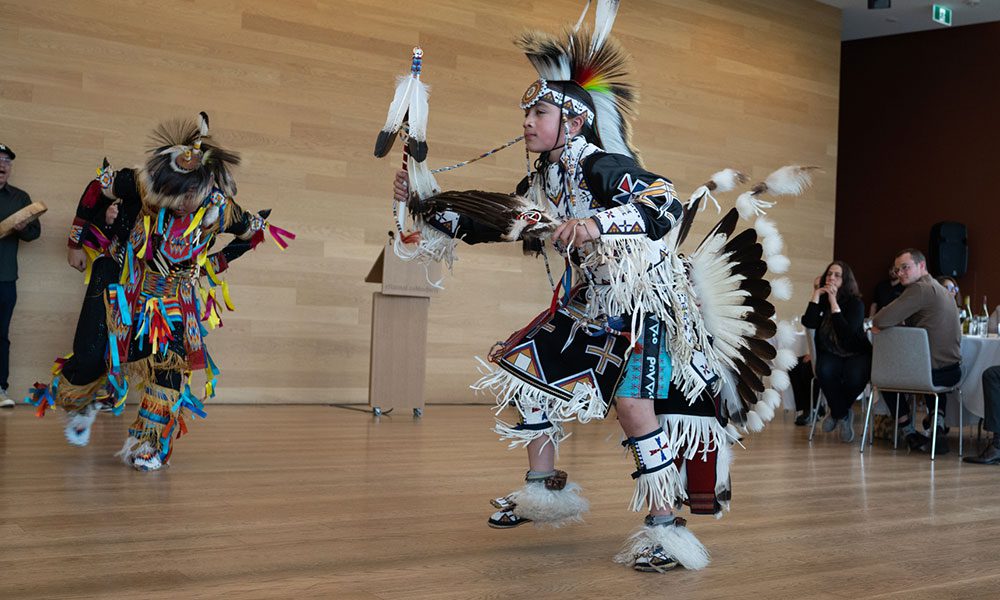
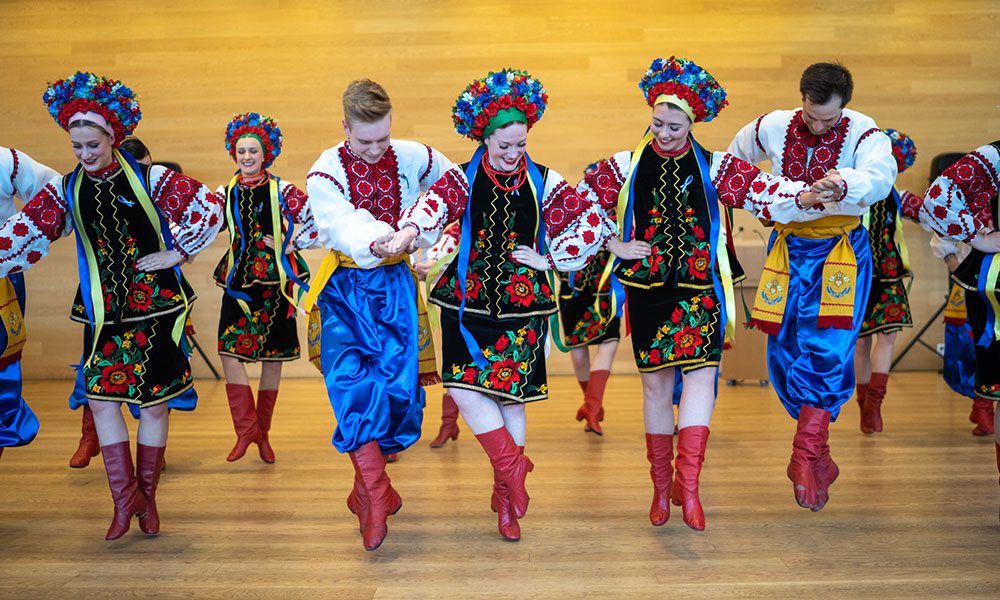
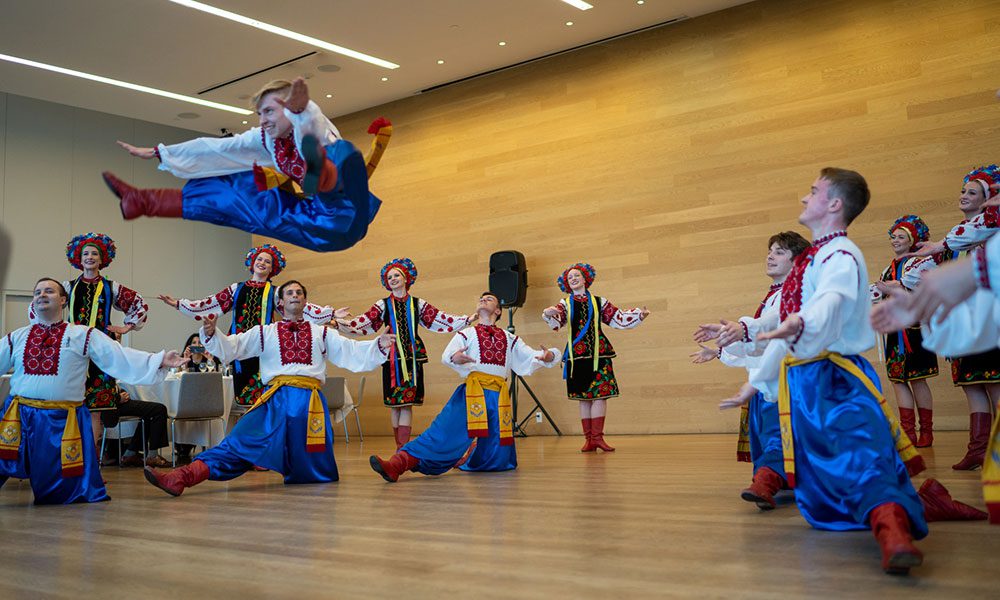
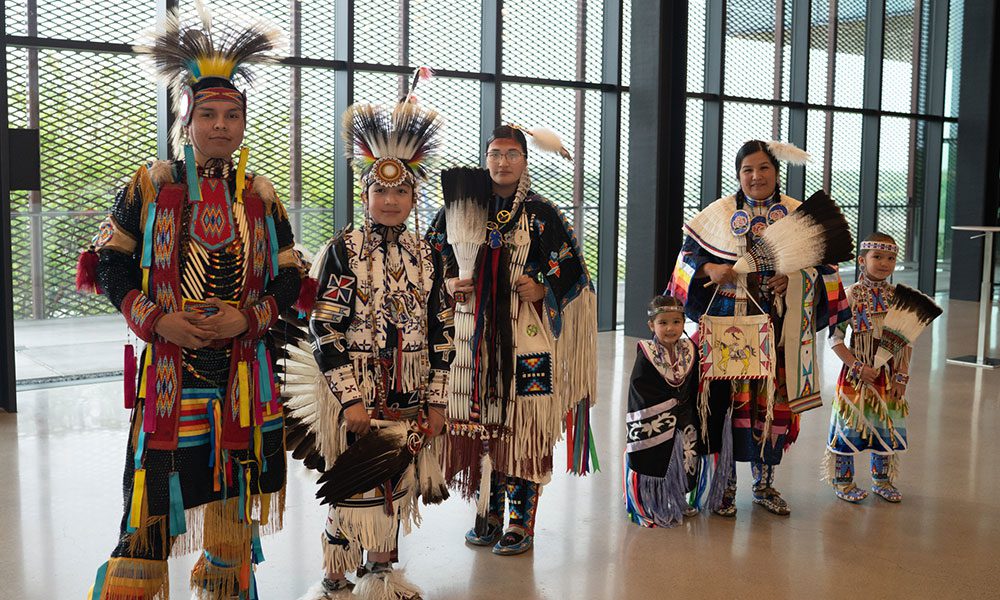
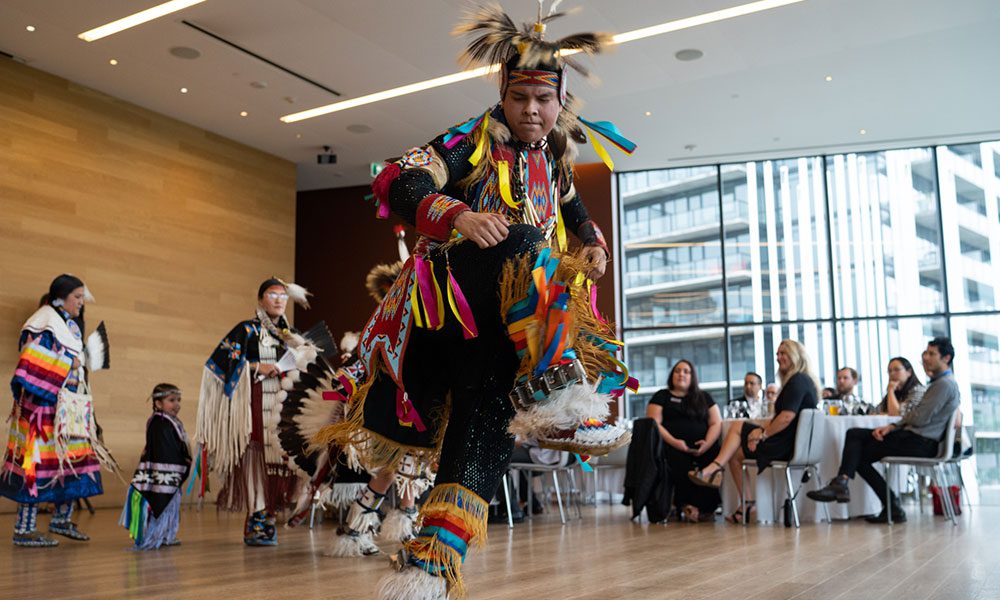
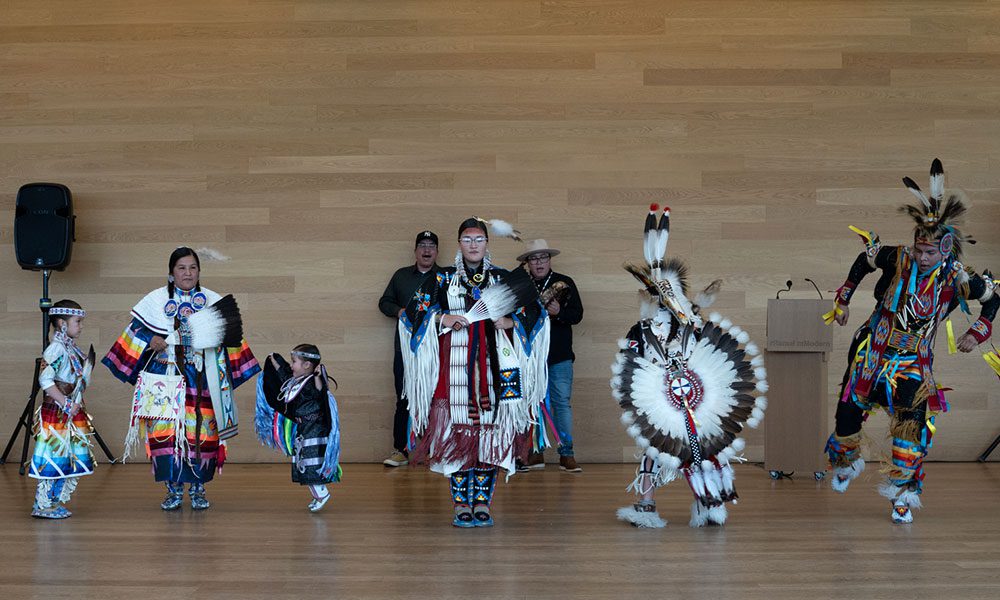
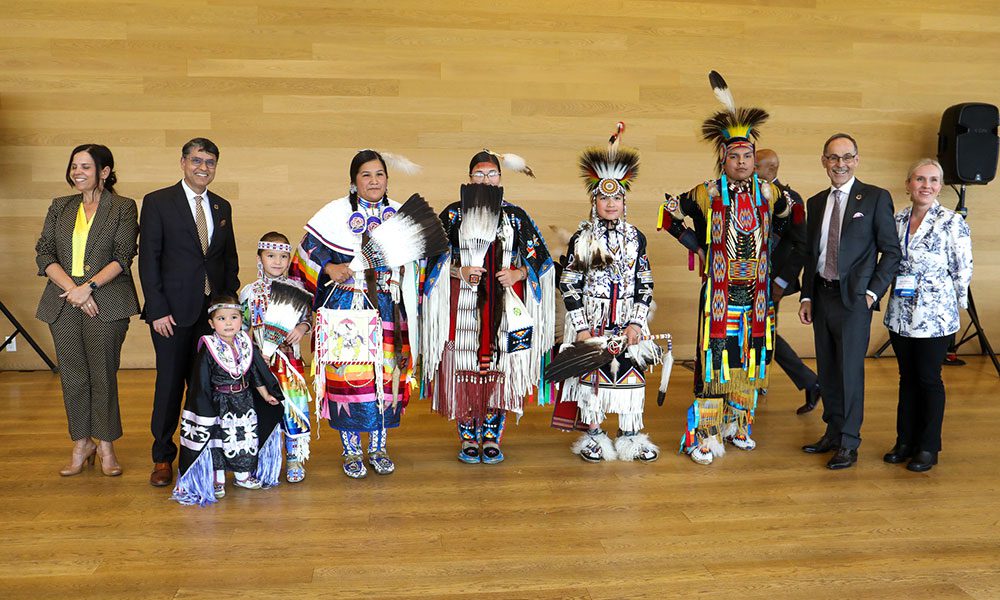
Comments are closed.